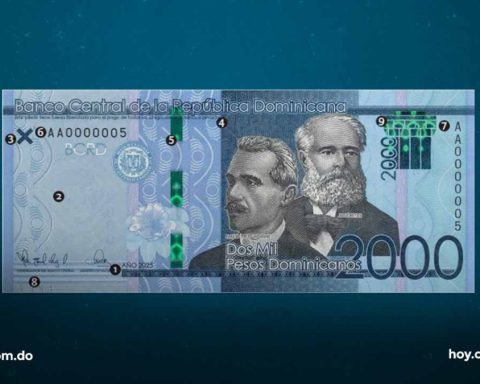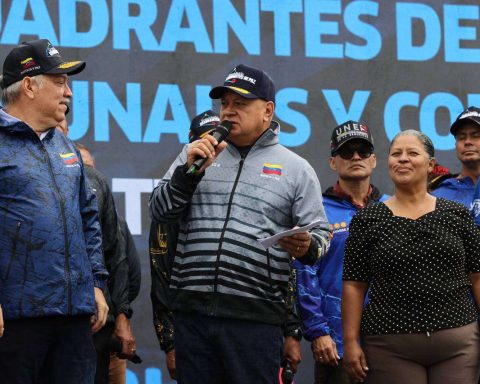The 10% reduction in Mercosur’s Common External Tariff (TEC) to 87% of products from outside the bloc encourages the integration of the Brazilian economy, but it needs to be accompanied by measures to reduce the Brazil Cost and increase the country’s competitiveness. The assessment is by the National Confederation of Industry (CNI), which defended complementary actions to stimulate national exports.
“To produce the expected results in terms of increasing industrial productivity and increasing employment and income for Brazilian society, the reduction in tariffs must be accompanied by the intensification of measures to reduce the Brazil Cost and a specific agenda aimed at increasing competitiveness of Brazilian exports,” said the superintendent of Industrial Development at CNI, Renato da Fonseca.
The CNI considered “surprising” the decision of the Brazilian government to unilaterally reduce import tariffs, without the approval of the other countries in the bloc. For the organization, the reduction without an agreement with Mercosur partners is only justified in urgent situations.
According to the CNI, the opening of the economy must be done, as a matter of priority, through free trade agreements and must be accompanied by adequate instruments to defend fair trade, under equal conditions. The organization also asks for transparency and predictability when it comes to reducing tariffs, so that both companies and the government can make the necessary adjustments.
The organization suggested four axes to improve the competitiveness of the Brazilian industry that should accompany the tariff reduction of imported products. The first is the reduction of the Brazil Cost, through a broad tax reform and the expansion of energy supply in the country.
The second axis is the promotion of exports and the internationalization of Brazilian companies, through the correction of distortions in legislation and taxation, especially of multinationals, and alignment with the Organization for Economic Cooperation and Development (OECD).
The third point suggested by the CNI refers to the promotion of trade agreements, prioritizing the ratification of the agreement between Mercosur and the European Union. Brazil should move forward with the agreement between Mercosur and the European Free Trade Association (EFTA), close agreements with Latin American countries and economies such as Canada, the United Kingdom and North Africa, and initiate dialogues with the United States.
The CNI’s latest demand is to encourage fair trade, with the opening of a dialogue group between the public sector and industry to strengthen the fight against unfair and illegal imports.

















